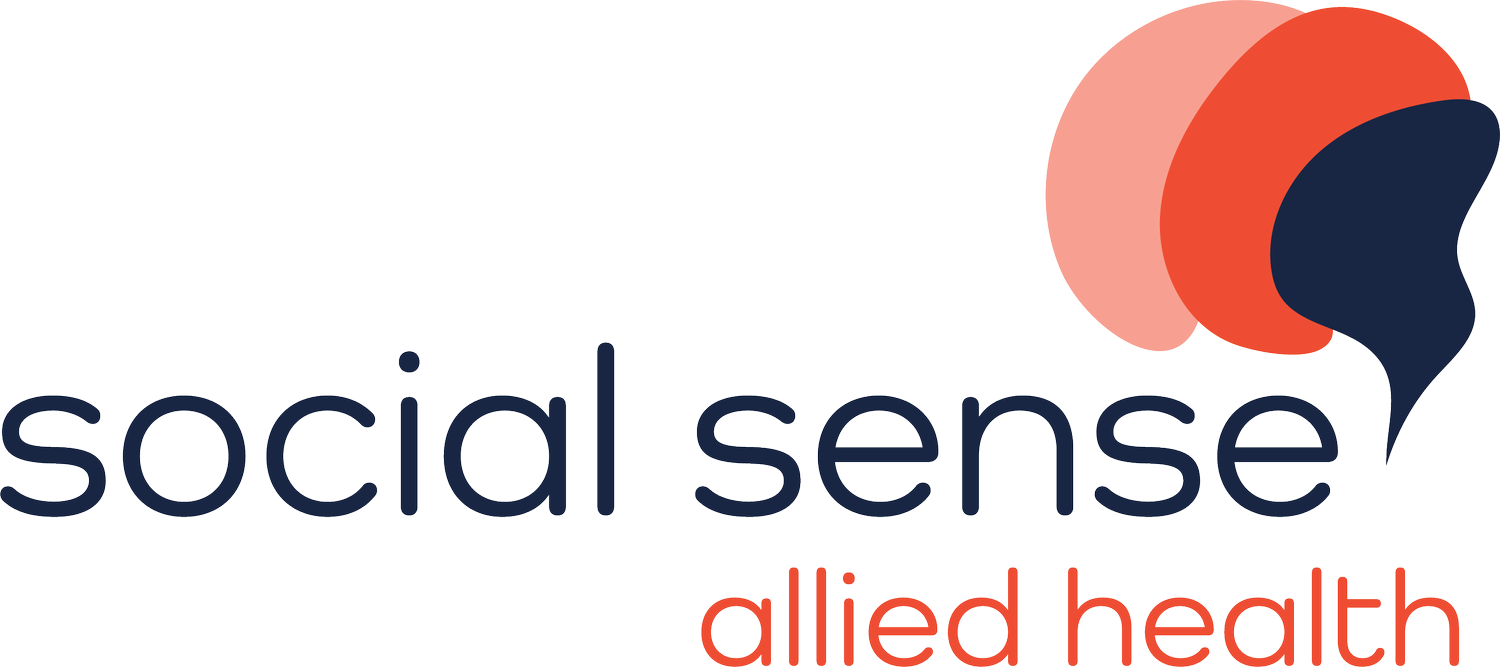Cultural Safety policy
1. Purpose
Social Sense Allied Health is committed to ensuring that all clients, employees, and stakeholders are treated with respect in relation to their unique cultural needs and differences. We acknowledge the importance of cultural safety and strive to create an environment where interactions do not diminish, demean, or disempower individuals based on any actual or perceived difference.
2. Objective
The objective of this policy is to foster an environment of cultural safety within Social Sense Allied Health, where individuals from diverse backgrounds feel respected, valued, and supported. This policy outlines our commitment to providing culturally sensitive care and ensuring that all people, especially those from marginalised communities, are engaged with dignity and understanding.
3. Scope
This policy applies to all employees, contractors, clients, and visitors at Social Sense Allied Health. It covers all interactions, services, and training within the organisation, ensuring that cultural safety is maintained in every aspect of our practice.
4. Definitions
4.1 Cultural Safety
Cultural safety refers to an environment in which individuals feel respected, acknowledged, and supported in their cultural identity, and where they can freely express their cultural differences without fear of being disrespected or disempowered.
4.2 Intersectionality
Intersectionality is the theory that various aspects of a person's identity, such as race, gender, class, and sexual orientation, do not exist separately but are complexly interwoven. This approach acknowledges the interaction of these factors and their impact on an individual's experience of privilege or marginalisation in society.
4.3 Cultural Sensitivity
Cultural sensitivity involves recognising and respecting the differences in culture, values, and practices, and adapting behaviour accordingly to ensure equitable and respectful engagement.
4.4 Cultural Privilege
Cultural privilege refers to the advantages certain groups experience in society due to their cultural identity or background. This privilege can impact how individuals are perceived and treated by others in social and professional contexts.
5. Policy
At Social Sense Allied Health, we are dedicated to fostering cultural safety by:
Creating a respectful, inclusive environment where individuals from all cultural backgrounds feel valued.
Recognising the diversity of cultural experiences, particularly for those from marginalised groups, including differences in race, gender identity, sexual orientation, abilities, mental health, and neurodiversity.
Promoting an understanding of intersectionality and its impact on individuals' experiences of privilege and marginalisation.
Encouraging self-awareness among staff regarding their own cultural positioning and the potential impact on their interactions with others.
5.1 Cultural Sensitivity in Practice
All staff at Social Sense Allied Health are expected to:
Reflect on their own cultural background and its potential impact on their professional interactions.
Develop sensitivity to historical and contemporary influences on the health and wellbeing of others.
Acknowledge power imbalances and dominance due to cultural privilege, acting to ensure equitable engagement.
Use respectful language that avoids colonising or 'othering' terms.
Accept and respect differing worldviews and cultural perspectives.
5.2 Building and Maintaining a ‘Safe-Enough’ Environment
We aim to provide a safe-enough environment where individuals can feel respected while understanding that safety is a complex concept. Our commitment includes:
Ensuring a space where individuals feel safe enough to express their cultural identity.
Addressing any concerns of cultural safety while recognising that discomfort or conflict may arise in difficult conversations.
Providing support and resources to individuals to navigate and address cultural differences, fostering resilience and cultural fitness.
5.3 Support and Training
To maintain cultural safety, Social Sense Allied Health is committed to:
Providing ongoing cultural safety training for staff and clients.
Offering resources and support for individuals to address any concerns related to cultural safety.
Encouraging staff to engage in ongoing self-reflection and professional development on cultural sensitivity and safety.
6. Action Required to Ensure Cultural Safety
6.1 Engagement with Cultural Differences
Staff members must engage with cultural differences thoughtfully and respectfully, fostering open dialogue and learning from diverse cultural perspectives.
6.2 Addressing Cultural Safety Concerns
If an individual expresses a concern regarding cultural safety, it must be addressed promptly through a culturally sensitive approach. This may involve discussions with supervisors, accessing additional resources, or implementing changes to practices to ensure the safety and comfort of all individuals involved.
7. Compliance with this Policy
All employees, contractors, and clients are expected to adhere to the principles outlined in this policy. Non-compliance with cultural safety expectations will be addressed through appropriate procedures, including possible retraining, mediation, or disciplinary action as needed.
8. Contacts
For questions or concerns regarding cultural safety, please contact the Director of Social Sense Allied Health at:
Phone: 0435 005 669
Email: hello@socialsense.com.au
Website: www.socialsense.com.au
